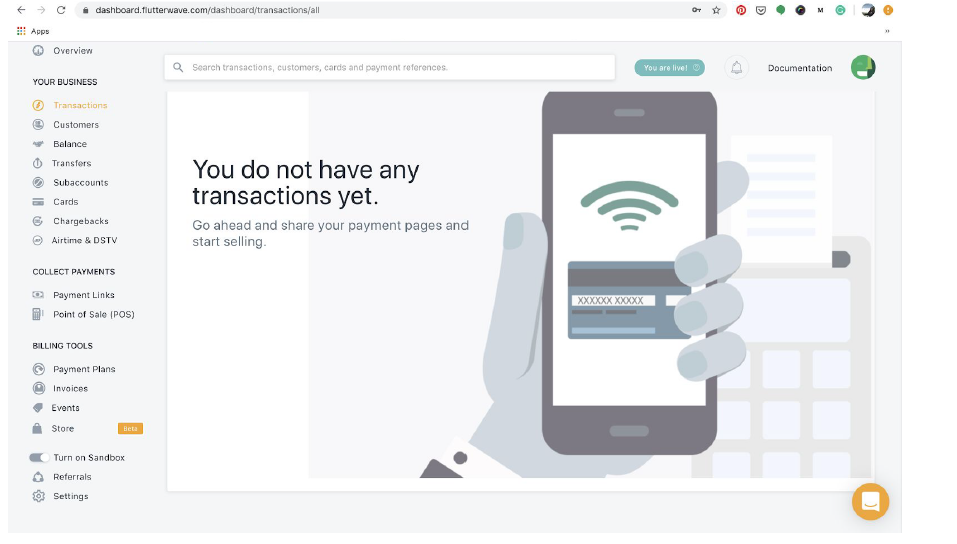B2B fintech company, Flutterwave, has launched its online store for African merchants. In a statement, the company’s CEO, Olugbenga Agboola, claimed that the online store is not Flutterwave’s way of pivoting from its B2B payments model to e-commerce.
According to him, the need for the store became pressing in the face of business restrictions placed on traders and their customers by COVID-19 pandemic.
It’s not a direction change. We’re still a B2B payment infrastructure company. We are not moving into becoming an online retailer, and no we’re not looking to become Jumia
Olugbenga Agboola, Flutterwave CEO


Establishing the Flutterwave store was accelerated to help SMEs thrive in the midst of the realities presented by the pandemic. However, the use of the store will continue and adapt to SMEs’ need even after the COVID-19.
Is Flutterwave Store different from Konga and Jumia?
For people to sell on Jumia, the process involves registering, completing a training session, and listing a minimum of 6 products to start. The process is similar to that of Konga. To sell on Konga, the user is required to create a store with a unique url, and list products with the corresponding prices.
To use the Flutterwave store, the trader has to first create a profile, which is similar to the registration on both Jumia and Konga. Afterwards, the trader can showcase his list of products and link up the products to a payment option.
This is also similar to the process that Jumia and Konga onboard sellers through, although the minimum required amount of products has not been announced yet.
While Jumia operates through its own logistics service, Jumia Logistics, Flutterwave Store operates through existing third-party logistics providers. Flutterwave store intends work with Sendbox in Nigeria, and with Sendy in Kenya.
Currently, the dashboard for Flutterwave store has not been launched to the public yet, and cannot be accessed. However, Flutterwave has outlined 15 African countries that the Store will launch in.


In these countries, merchants will only be charged on payments that are made in each store, for now. This means that creating online storefronts for SMEs and transactions can be carried out for free.
The little fee on payments is a form of palliative measure for now, and the storefront is a solution with which the fintech company hopes to play a significant role in Africa’s e-commerce development over time.






